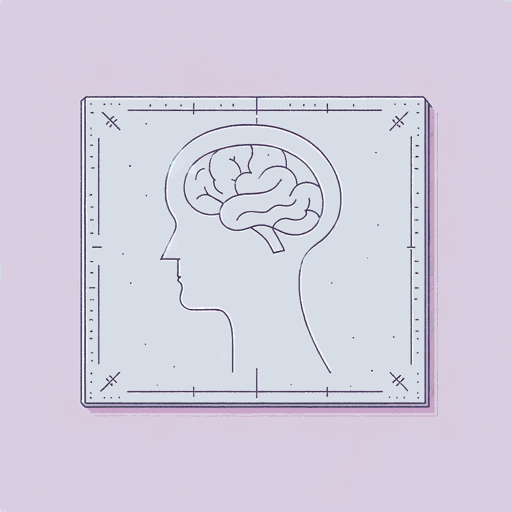54 pages • 1 hour read
John LockeAn Essay Concerning Human Understanding
Nonfiction | Book | Adult | Published in 1690A modern alternative to SparkNotes and CliffsNotes, SuperSummary offers high-quality Study Guides with detailed chapter summaries and analysis of major themes, characters, and more.
Book 3, Chapters 1-11Chapter Summaries & Analyses
Book 3: “Of Words”
Book 3, Chapter 1 Summary: “Of words and language in general”
Locke proposes that God gifted humankind with speech for the purpose of fellowship. However, the philosopher distinguishes between the speech of humans and other animals. Language works only because sounds represent ideas, and those ideas come together to form sentences, bringing multiple concepts together. Locke outlines the focus of Book 3: First, he will examine how humans initially apply names. Second, he will consider where things fall in their genus and categories.
Book 3, Chapter 2 Summary: “Of the signification of words”
Because humans live in their heads—their minds full of many thoughts—a natural progression is that they should find a way to communicate those thoughts with one another. Words provided a natural form of communication, despite their failure at times to perfectly describe an idea. Locke argues that thoughts must come before words. Otherwise, the individual produces only sound; an individual cannot endow words with meaning until they represent an idea. Words operate on the assumption that others attribute the same meanings to the terms and that they are true.
Additionally, words can conjure ideas in others’ minds. Simply by saying the word “bird,” another person manifests an image of a bird in their mind. However, words present potential pitfalls. One problem with language is that many people know and use words without fully grasping their meaning.
Related Titles
By John Locke



